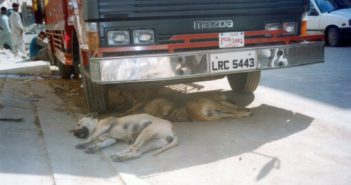
Challenges in Managing Dogs Across the World
In order to help the world’s dogs, we need an estimate of their population, and of what percent are homeless in each country.

In order to help the world’s dogs, we need an estimate of their population, and of what percent are homeless in each country.
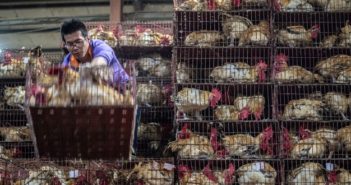
The fact that the COVID-19 crisis very likely arose from the exploitation of animals has drawn greater attention to how human uses of animals can increase the risk of future pandemics.
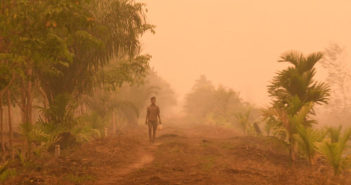
Dr. Andrew Rowan, chief program officer for WellBeing International, discusses the connections between the wellbeing of humans, animals, and the environment.
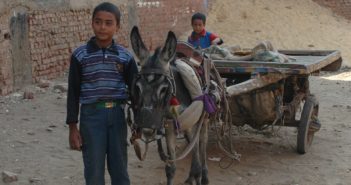
Recognizing the connections between animal protection and the SDGs can help advocates maximize impact, win government support, and collaborate with other stakeholders.
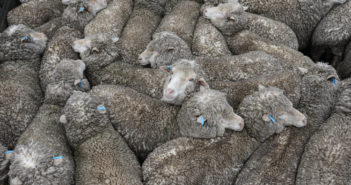
Inhumane practices are the norm in the wool industry, which is anything but benign.
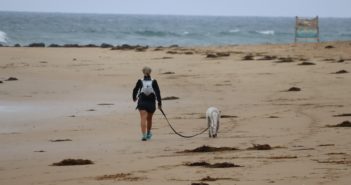
One woman and her dog are walking 4,000 kilometers across Australia in order to raise funds and awareness for abused and overworked working animals all over the world.
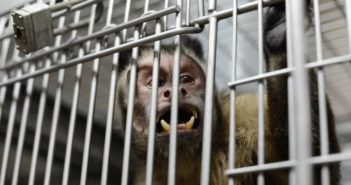
“Forward-thinking researchers are moving forward with humane, human-relevant cures for COVID-19 because the world cannot afford to be hampered by the results of bogus and outdated animal experiments.”

As demand for octopus for consumption grows, efforts to farm these animals intensify, with terrible ethical and environmental consequences.

Dog racing is a deeply unethical industry that abuses, uses, exploits and kills dogs purely for profit.
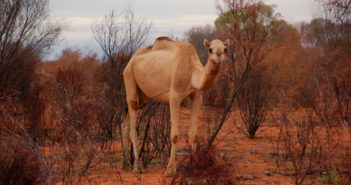
Australia’s government has yet again initiated its horrific plan to shoot thousands of camels, justified with the ridiculous excuse that camels are drinking too much water.
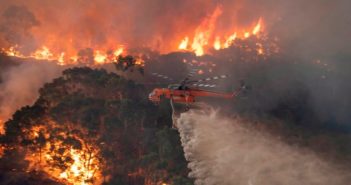
Australia’s bushfire crisis is a reminder that climate change is real and our levels of production and consumption are the cause.
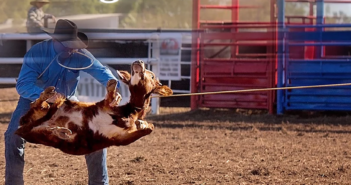
In an interview with the Executive Producer of the new film Bucking Tradition, we discuss what rodeos mean for animals and the tension between cultural autonomy and animal protection.